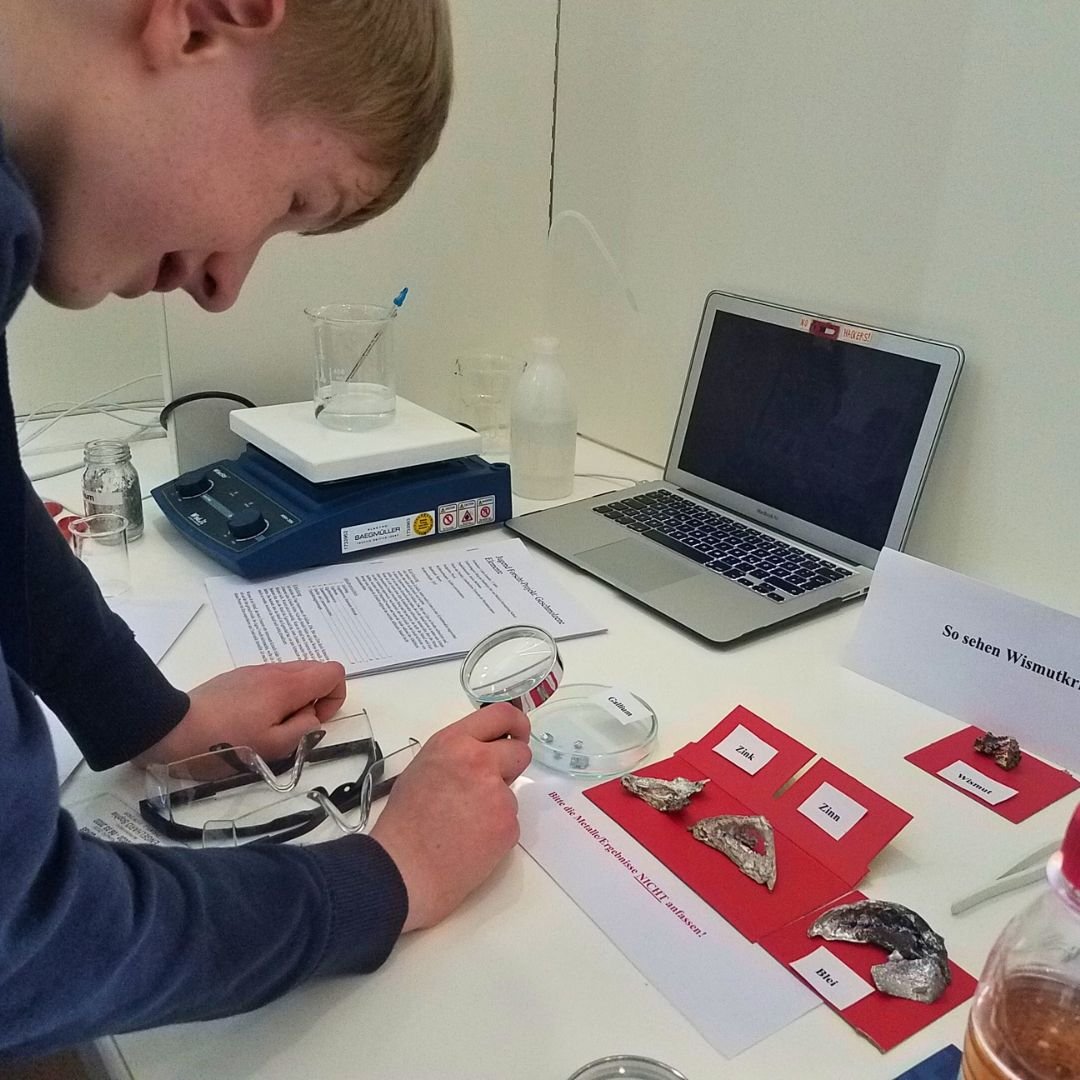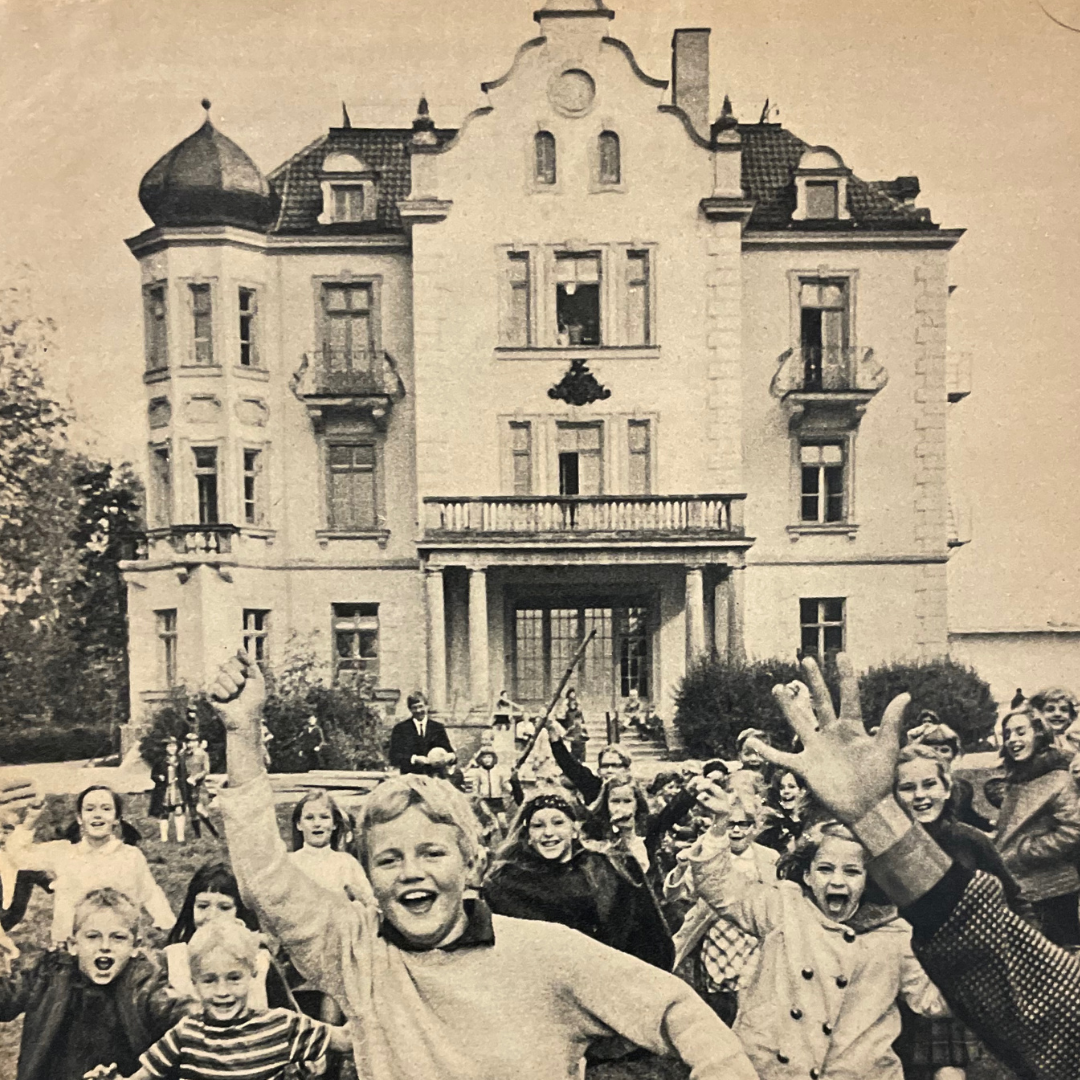
(Pictured above: Lukas Emander's exhibit at Jugen Forscht)
Throughout my childhood, I would often ask questions about things and conduct minor scientific experiments to get a better understanding of the science behind things. At the start of 2020, I participated in Jugend Forscht, a national STEM research competition and nationwide network for promoting young talent. Although my project was mostly physics-related, the project ended up winning second place in the Chemistry section of the competition instead because the chemistry juries were more impressed with my project than the physics juries were. So, my award was actually in chemistry and not physics. The organization is called "Jugend Forscht" and I participated at the age of 13 in the junior section of the competition, "Schüler Experimentieren".
I would say that I am innately curious about how the universe around us works. I have, throughout most of my life, really enjoyed gathering knowledge about the universe we live in. My interest in natural phenomena has persisted throughout most of my life, but it wasn't until grade 7 or so (at MIS), where I encountered the basics of chemistry in our science class, that I became passionate about the natural sciences. During that unit of chemistry, we were taught the periodic table, and I became fascinated with its structure and how it relates to the unique properties of different chemical elements that make up our world. Something that also really helped me gain my interest in science was that we often conducted various experiments with elements during that unit, which I would always find very interesting.
MIS definitely played a significant role in making me interested in maths and sciences. Also, without the help of teachers at MIS who noticed my interest in science, I would have not had as much support with the Jugend Forscht STEM competition. I am very thankful for that support.
My potential future careers are indeed very heavily aimed towards the natural sciences and maths. I am planning on studying physics at university and then pursuing further scientific studies in this field once I have graduated, to possibly get a PhD.
I think MIS is doing very well when it comes to providing access to natural sciences, not only with class experiments but also with supporting unusually curious students to pursue scientific projects, like how I took part in Jugend Forscht. If you are a curious person like me and have some ideas and experiments that you’d like to explore, feel free to come find me or at least tell your science teachers or MakersSpace coordinators. Give yourself the freedom to explore and let others support you.
